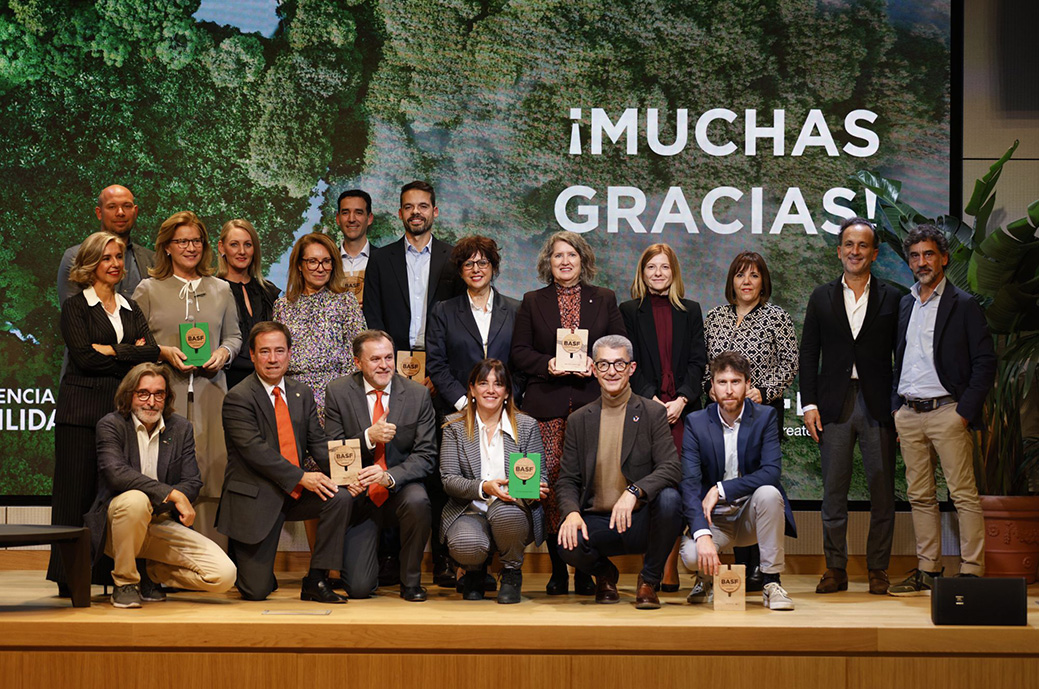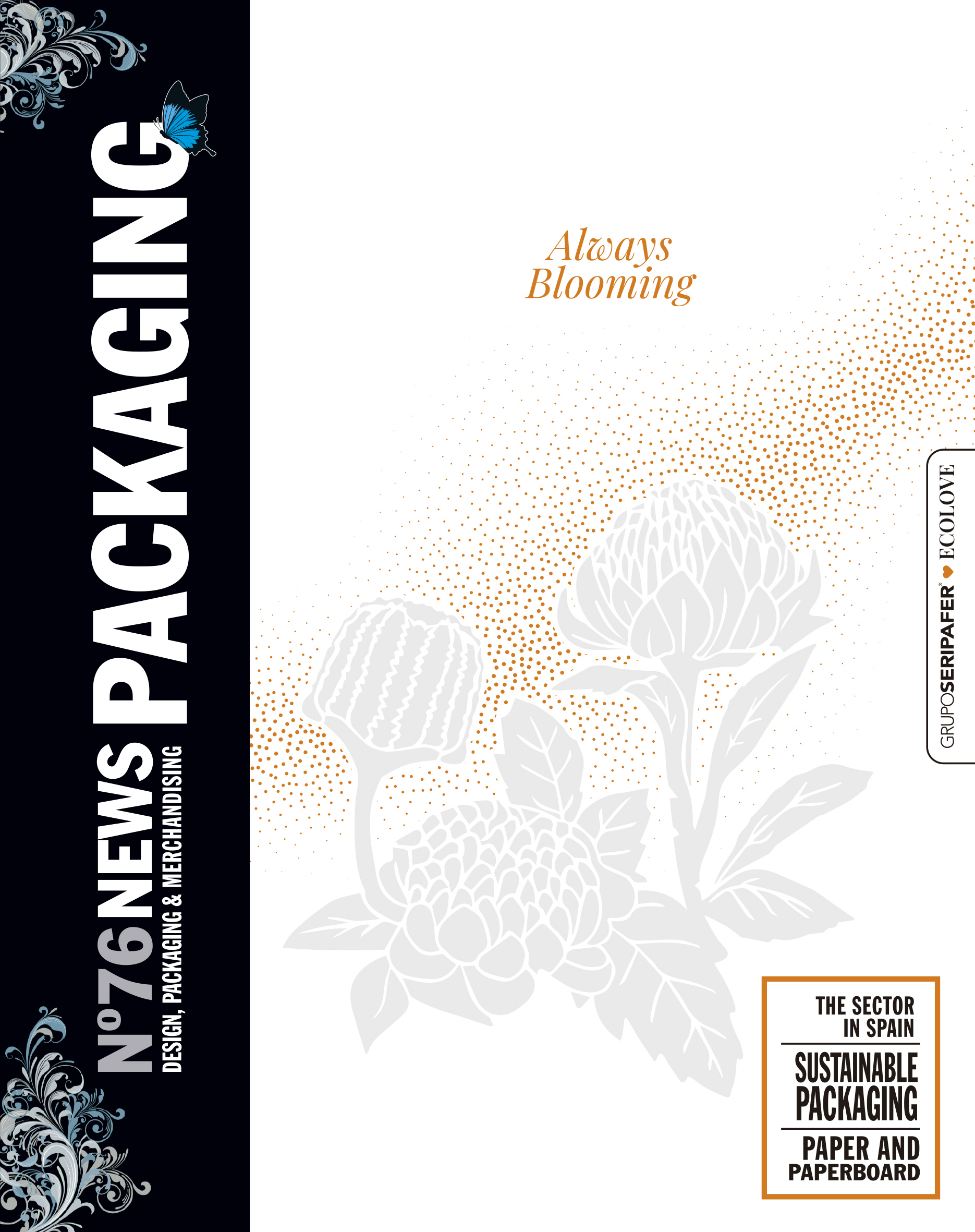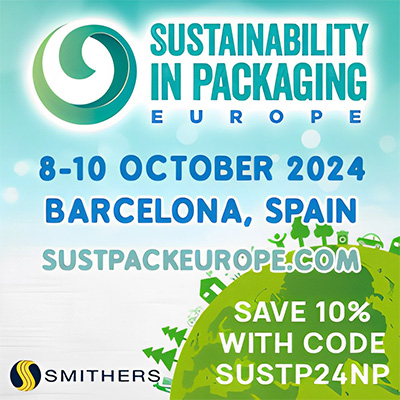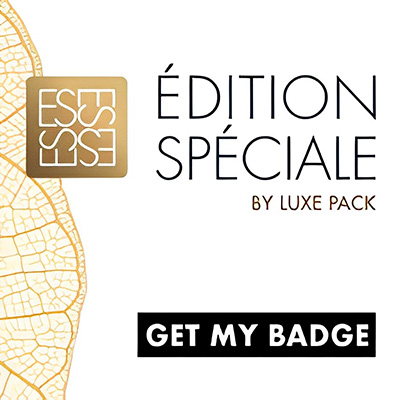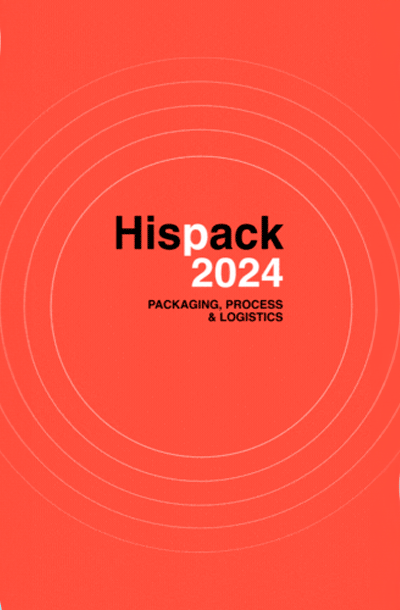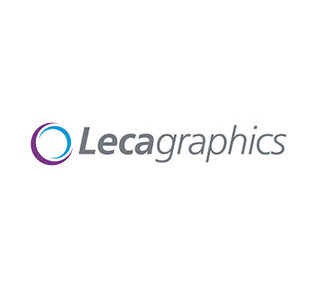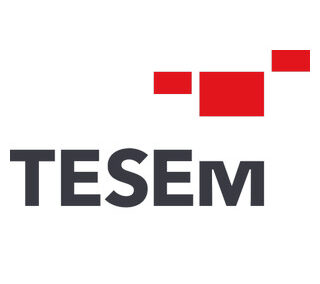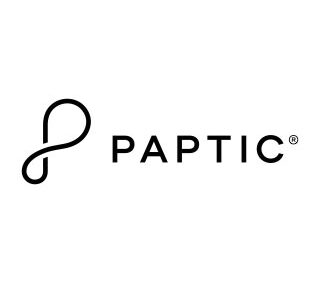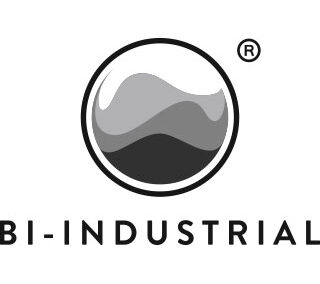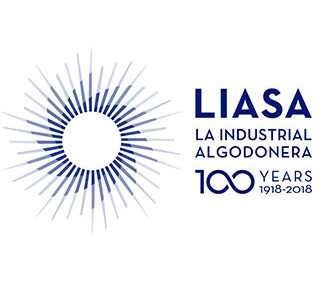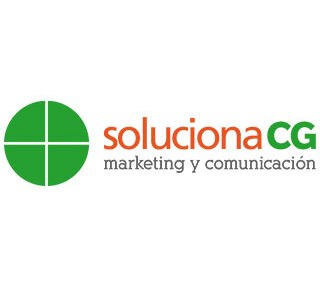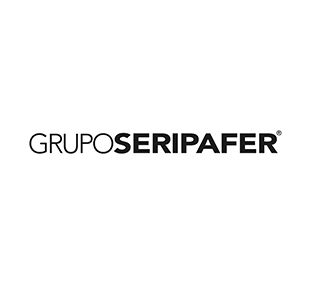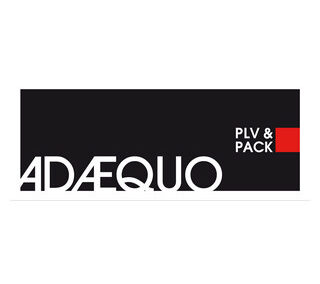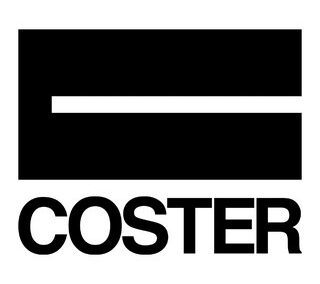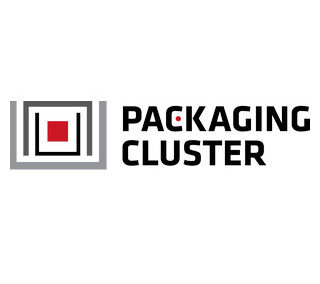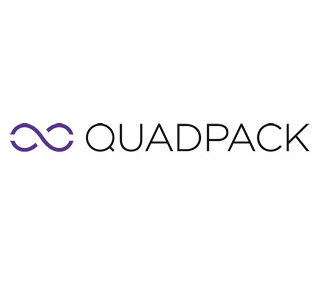The projects of Consorci Zona Franca de Barcelona, Antolín and Volvo Cars, Cesvimap, Birziplastik, Retema, and the Ministry of Sustainable Development of Castilla La Mancha have been winners in the fifth edition of the BASF Circular Economy Awards, in the categories of Public Administration, Large Business, SMEs, start-ups, Dissemination and Academic World, respectively. The awards ceremony took place at a meeting held on November 8 in Madrid.
Before an audience of more than 160 people, the V BASF awards for the best Circular Economy practice in Spain were presented in an event inaugurated by Marta Gomez Palenque, general director of Quality and Environmental Assessment of the Ministry for the Ecological Transition and the Demographic Challenge. The objective of the awards is to recognize those projects or research that, based on the circular economy, contribute or have the potential to contribute substantially to the development of business competitiveness in our country, with special attention to those projects that include the perspective of environmental and social sustainability in their development and purpose.
During the event, a Dialogue table on the Circular Economy took place in which the challenges and opportunities that the circular economy currently represents for our economy were highlighted. The participants at the table have been Carles navarro, general director of BASF in Spain and president of the Sustainability Excellence Club, and Arturo Larena, director of Environment and Science of Agencia EFE.
During the delivery ceremony, Carles Navarro recalled that, “to make a more sustainable world and circularize resources, the holistic work of all the people who are part of the solution is essential, conveyed through the circular economy: as individuals and as institutions, of diverse size and nature. Our commitment is to sustainability. This edition of the awards celebrates five years of commitment to holistic work. Today, we congratulate the winners of this fifth edition, and we thank all the proposals received to date, more than 500. Our commitment is to sustainability, circularizing our own industrial processes and researching and developing solutions so that others find their way towards the circular model. Any initiative aimed at promoting new models, products and services of these characteristics that are beneficial for society and the environment will have an ally in BASF."
At the closing, Maria José Romero de Ávila, general director of Economy of the Madrid City Council, presented the initiatives that are being carried out by the Madrid City Council. Specifically, he presented the Circular Economy Innovation Center (CIEC) of Madrid, a project from the Government Area of Economy, Innovation and Employment that wants to promote in the capital an ecosystem of innovation and experimentation of solutions based on sustainability and circularity.
Winners
The awarded projects in each category are the following:
Public Administration Category: Barcelona Free Zone Consortium
The EcoCircularZF project aims to identify synergies between companies to resolve inefficiencies in the treatment of resources (materials, energy, water, space) that companies do not take advantage of internally and put them in contact, facilitating the development of business opportunities that arise. Furthermore, the EcoCircularZF project aims to be an example of good practice that can be exported internationally to other industrial areas that want to transform themselves to be more sustainable and efficient. This initiative encourages the creation of the figure of the facilitator, who is the person in charge of linking the needs and opportunities of companies with the available solutions and analyzing the technical and economic feasibility.
Accesit: Gavá City Council
The Gavà Circular Project is the result of public-private collaboration between the Gavà City Council, Aigües de Barcelona and Cetaqua. In the field of water, 3 actions have been carried out: Action 1: The construction and start-up of Recaigua 1, a point of intelligent recharge of non-potable groundwater for irrigation and cleaning of the streets of the municipality, which also allows us to know in detail the consumption patterns. Action 2: Gavà, pilot Municipality in the calculation of the territorial water footprint in order to have data to establish plans and strategies. Action 3: Regreen urban garden, installed and energized in the city of Gavà for 3 months to promote the use of regenerated water in urban agriculture.
Large Company Category: Antolín and Volvo Cars
Antolín's sustainable roof is the first car roof on the market produced from urban waste, post-consumer plastic waste and used tires, which offers excellent properties in terms of quality, cost and durability. At the same time, a significant weight reduction is achieved, helping to reduce the vehicle's CO2 emissions. Thanks to this project, which is already being produced for the Volvo C40 Recharge, a fully electric SUV, Antolín manages to reduce waste and energy consumption during the manufacturing of the product and satisfy the demand for sustainable interiors for vehicles, something increasingly valued by the consumer in their purchasing decision. It is a novel process with an innovative ceiling substrate structure with light and rigid foam, and a new design of the plastic frame that lightens the weight of that piece by 60% while improving the perceived quality. In addition, it uses sustainable materials obtained by chemical recycling of waste, which would be impossible to recycle in other ways.
SME Category: Cesvimap
The electrification of transportation encourages the production of electric batteries, but pays little attention to the end of their useful life, including those already in use in already manufactured vehicles. MAPFRE minimizes the environmental impact of its insured vehicles during their useful life, encouraging repair rather than replacing components when there is an accident, but also by scrapping, reusing components and recycling vehicles at the end of their useful life, as an example of economy. circular. After 20 years recycling combustion vehicles, since 2021 we have developed a project with which we recover, reuse and recycle batteries from damaged electric vehicles insured by MAPFRE in our Authorized Total Claims Treatment Center, using them as energy accumulators. Thus, by reducing the environmental impact of the electric vehicle and with a second useful life of the batteries, together with renewable energies, we support the transition towards decarbonized mobility. We also investigate the recovery of critical minerals inside batteries that are no longer usable as accumulators.
Start-Up Category: Birziplastik
The objective of this project is to implement a recycling process for post-consumer wind blades. Blades that currently end up buried would be redirected to the Birziplastik recycling plant, which, through a mechanical-thermal recycling process, would recover recycled fiberglass raw material and gasoline from the thermostable matrix. The purpose of the present project focuses on carrying out a large-scale demonstration of a solution based on the circular economy. This proposal will address two circular strategies to satisfy consumer requirements; on the one hand, the mechanical demanufacturing of materials and hybrid reprocessing and reuse and, on the other, fiber demanufacturing and compound integration (1200Tn/year). Regarding the improvement of treatment and separation technologies, it is expected to advance from TRL 7 to TRL 9.
Dissemination Category: Retema Environmental Technical Magazine
RETEMA has a history of more than 36 years, communicating and disseminating information about waste management, water, sustainability and the circular economy, contributing to the development of the industry and today being a reference for professionals in the environmental sector. The magazine disseminates initiatives, activities, R&D, technology, projects and current events regarding the circular economy. The scope of action is Spain and Latin America.
Accesit: Women Action Sustainability (WAS)
This is a dissemination project, where different traveling exhibitions are held with colloquiums at Universities to disseminate, challenge and invite debate on multiple practices of the Circular Economy. The first edition has been successful, so the second is already underway in 2023 and preparations are beginning for the third in 2024. This year it will take place at the University of Santiago in Galicia. This is a dissemination project in which public and private entities participate.
Academic World Category: Ministry of Sustainable Development Castilla La Mancha
The Ministries of Sustainable Development and the Ministry of Education, Culture and Sports launched 'Supercirculares Circular Economy in your Educational Center', a contest whose objective is to promote awareness and sensitization about the importance of taking care of our planet, our earth and of course our region, moving to a circular model with small, but important actions that can be carried out from educational centers, such as, for example: waste prevention, reuse, recycling, naturalization of spaces, reduction of food waste and the efficient use of resources, among others. By carrying out the project and participating in the “Supercirculares” contest, students will learn fundamental values for sustainable development and the circular economy of our region.

